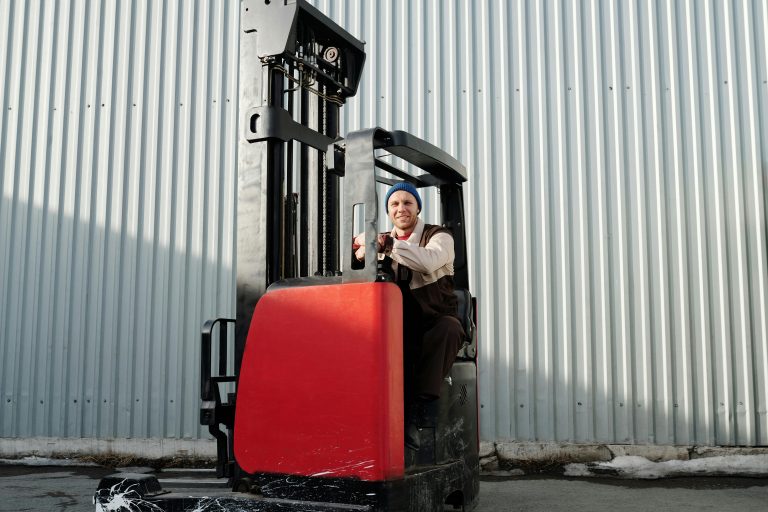A business cannot stand alone. It has stakeholders of different kinds, including owners, partners, employees, customers, and the community where it operate. A business has to help its stakeholders in different ways including keeping the environment clean and healthy, and helping when disaster strikes.
What is Corporate Social Responsibility
Corporate social responsibility is operating a business with multiple bottom lines, besides the financial returns. It includes helping the community, the environment and being good corporate citizens. Some large companies have not yet embraced corporate responsibility, and continue to put the financial health of their stock prices as their primary goal. However, things are changing and some of the biggest names in business are slowly moving to address their social responsibilities. Small businesses can easily be socially responsible with simple steps that yield large returns in community goodwill, reputation, and earnings.
1. Environmentally Conscious
Helping the environment is no longer an option, it has become a necessity and a part of a company’s mission. There are many simple things that a company can do to help the environment. These include trash segregation, recycling, and repurposing. More companies now use recycled materials for packaging. Trash collection is also a simple activity that becomes a habit and part of the company culture. Putting plastics and water bottles in one trash bin is a big help to the environment. Installing solar panels not only lessens a company’s carbon footprint but also lessens the electric bill.
2. Philanthropy in the Community
Giving back to the community is common among small businesses in small towns. The business acknowledges that it cannot exist without the community. Employees usually live within the city or town nearest to the place of business. Outside of their work, employees are affected by the community’s well-being. Helping out the neighbors creates a bond that makes the people feel that they are invested in your company. In times of need, people do not easily forget the help that was given to them.
You don’t need to wait for a disaster before you serve the community. You can have gift-giving for kids during December, or regular visits to the hospital, or a feeding program for the homeless. Charity does not need a season or a reason, it only needs kindness. Even assisting in bail bonds is an act of kindness and charity.

3. Honesty
Honesty has been taken for granted by plenty of companies. There are financial scandals by big banks and marketing claims that turn out to be lies. A small company cannot afford to lie to its customers. Marketing materials have to be truthful and employees should be upfront in explaining any promos or sales, or product features. Truth in marketing reflects the attitude of the business owner. Adhering to the truth should be an underlying value for any kind of business. This trait shows respect for customers and the public. People will know if you run an honest business and will gravitate to you.
4. Employee Work-Life Balance
Work-life balance allows employees to spend more time with their family, and work productively at the same time. Balancing time between work and family life is personal and unique to every employee. There may not be a single solution for all employees, but most small businesses are better able to give their employees more time for their families. Given more time for their families, employees are less stressed, happier at work, and more productive.
An employer can do some things for employees, including a shuttle service for those who live a distance away from the office or factory or an in-house daycare.
5. Ethical Sourcing
Social responsibility should not start at your door, but it should begin where your business concerns start. Ethical sourcing is a social responsibility that is usually associated with sustainability because it is related to the welfare of the raw material supplier. It takes into consideration the livelihood of the farmer at the start of the supply chain. It ensures that the farmer is paid fairly for the raw materials. It also takes into account the working and living conditions of the factory workers. Taking care of the little suppliers motivates employees and makes them feel good about working for your company.
Nowadays, a company is defined by how much it earns and how it helps its employees, the community it is located in, and the environment. It looks after these stakeholders knowing that these are the people that helped create the company. Happy employees are productive employees. A happy community treats the company as one of its own. A socially responsible company meets multiple bottom lines.





